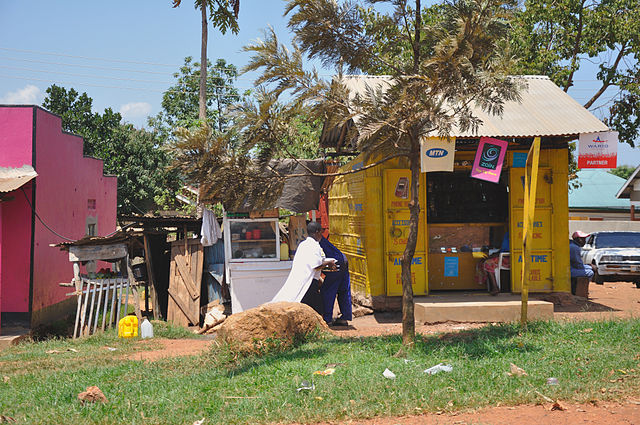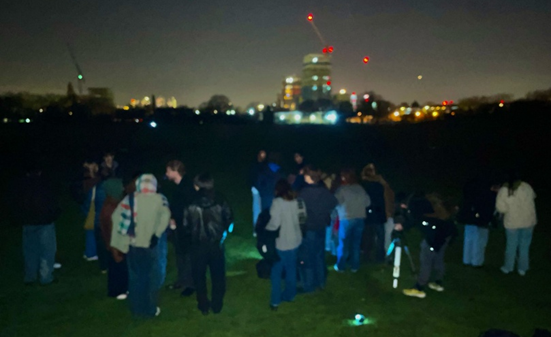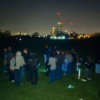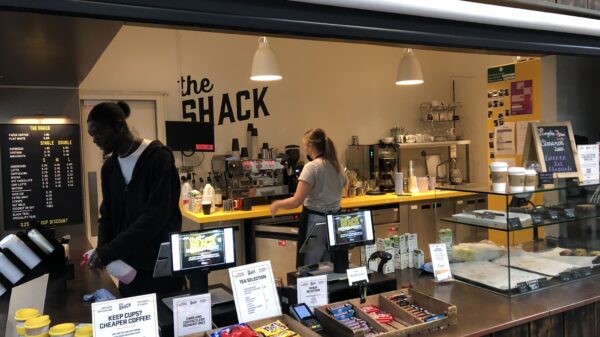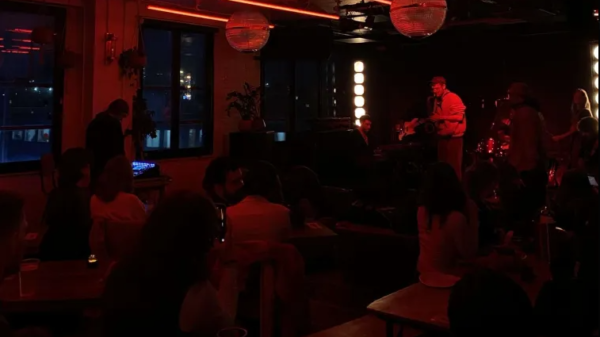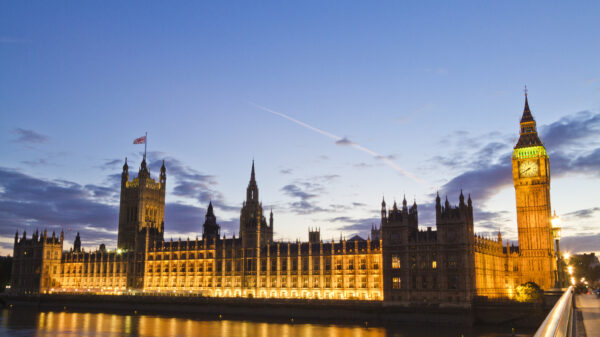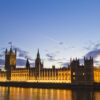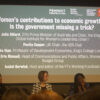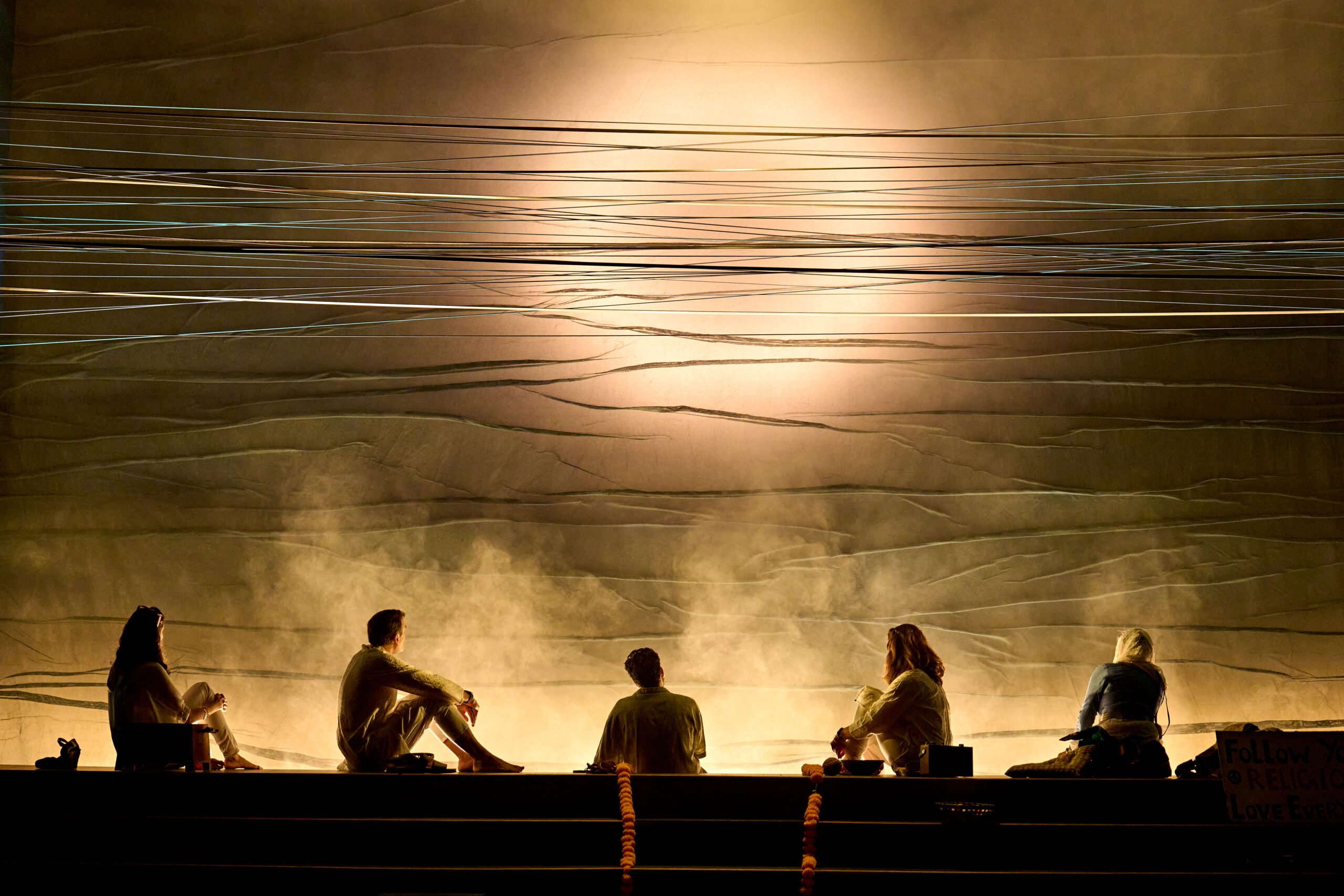Comment Editor Ruth Otim offers her perspective on the African diaspora through DW’s Online Series African Street Debates this Black History Month.
As a celebration of our diversity in culture, languages, history, and far more, Black History Month shares and celebrates the African and Caribbean diaspora in the UK. Every October, we are reminded of the influence of Black Brits in the UK, and in turn, gain a fonder appreciation of our continents in the variation of thought, expression, and identity.
I discovered DW’s The 77 Percent African Street Debates online and found their approach to African discourse refreshing for us in the African diaspora to better understand the socio-political challenges faced throughout the continent.
Debates can be quite contentious within the political community, as they can serve more as a form of entertainment rather than a space for tackling representation and genuine dialogue. The theatricality of YouTube debates that stoke controversy for increased engagement, to televised political debates that devolve into heated exchanges and ad hominem rather than substantial issues and policy-making, have turned contemporary public debating into a spectacle-driven performance. I think Street Debates does not engage in this performance.
Holding debates across Sub-Saharan Africa from Eswatini to Ethiopia, Nigeria to Namibia, and Sierra Leone to South Africa, the conversations held by the presenters in an open forum with their diverse panel of activists, students, community leaders, and other locals deserve attention this month particularly.
These conversations not only reclaim Africans’ authority over our narratives on national and local challenges but create an intellectual space that supports the voices of everyday people. The real experiences of Africans from Angola to Zimbabwe take precedence, and for us living in the diaspora, and moreover within academic spaces, allow us to reconnect with the current socio-political dynamics that are truly affecting those across the continent.
If nothing else is taken from this piece, I want to emphasise the importance of the structure of these debates. The open spaces of these Street Debates also facilitate speakers to be open as well. Paired with how well-informed the hosts are should be an exemplar of how debates should be produced online.
This Black History Month, it’s vital to recognise the importance of such platforms by uniting those of African descent worldwide in the conversations taking place throughout the continent. Celebrating the African intellectual space should inspire those even outside our communities.
Local Africans Discussing Problems in Their Local Contexts
As a person living in the African diaspora, I sometimes feel disconnected from the conversations being had in my respective countries, let alone throughout the continent. The discourse that floats from the private to public domain about ethnic and linguistic identity, gender roles and diaspora feels as far away from me as the physical distance that separates us. Despite being deeply connected to my roots, the sense of distance overwhelms my ability to understand and engage in such debates; this feeling is not mine alone.
In trying to reckon with my diasporic identity, or rather my sheer interest in the spectacle of debates, The 77 Percent African Street Debates has increasingly become my place of digital solace; to connect myself to the ideas back in the continent. What connects me to these debates, moreover, is that it’s local Africans discussing problems within their local contexts such as the Gender Equality episode titled “Is gender equality a bad motion in Uganda?”
This debate, set in the streets of the capital, Kampala, features a variety of Ugandans from a Human Rights Lawyer to a radio presenter; a university student to a journalist who are divided along the aisle of feminists and anti-feminists. While patriarchy, assigned gender roles, and gender-based violence are conversations that are had within the diaspora as well, hearing about local experiences of sexism, for example, gives nuance to feminist discourse.
Lindsey Kukunda, a Feminist and Writer as described by the 77 Percent, was asked in a practical sense, what it means to be a woman in Uganda. She responded:
“It means that my body is not mine; I feel like my body is not mine. Especially in regards to street harassment, it terrifies me that a man can come up to me – is entitled to come up to me – and ask me what I’m doing. Why I’m doing it? Why I’m there? […] I’m being infantilised every single day.”
Lindsey Kukunda
Her personal experiences were mocked by some of her male anti-feminist counterparts which, in many ways, adds to her belief that she feels infantilised and not in the ownership of her own body. Others chimed in after her discussion, either voicing support or opposition to Kukunda’s point.
Throughout the discussion, both before and after Kukunda’s remarks, the topic of African traditional society continued to be used by anti-feminists and those who view feminism as a Western concept that Ugandans should not seek to adopt. Patricia Twasiima, a Human Rights Lawyer in the group, responded to their rejection of feminism on a Western basis.
“The insistence on African traditional society, whatever that even looks like, when men are also evolving: you’re not hunting the same way your forefathers were hunting, but somehow you expect us [women] to maintain the same roles […] you can’t expect us to be in the same system 20-19 years later, it’s ridiculous.”
Patricia Twasiima
The specific role of preserving African traditional society is one that can even be found in the conversations within the diaspora as well. Particularly since living far away from your ancestral home can spark greater sentiments toward preserving your heritage including gender roles, the discussions happening in contemporary African forums are testing those heritages in the very same spaces.
This is why discussions such as these are so important. Whether or not you agree with Twasiima and Kukunda’s beliefs, the very fact that they are given the platform to respond to those who disagree with them openly and confidently is significant. Africans, and marginalised Africans in particular, are invited and interrogated on their beliefs to drive forward greater conversations on topics such as gender within the cultural, legal, and political realms that they live within.
A Debate Forum That Welcomes All: Our Local Streets
The term street debate is one I believe was not arbitrary. In every one of the sites of debate throughout the continent, these debates are taking place in open areas, whether in urban centres such as Lagos or the rural peripheries of Northern Kenya.
These debates are never in formal settings; an essential characteristic of these debates is their informality and openness which allows panellists to feel comfortable expressing themselves as their moderator shifts from one to the other. From regular host Edith Kimani to Christine Mhundwa, the ease at which they talk to their panellists while the camera runs to catch up with the hosts makes these conversations feel far closer to us than one would imagine.
As we celebrate Black History Month, these street debates serve as a reminder. Public spaces are crucial for fostering democratic dialogue. African political and cultural thought, expressed in these accessible spaces demystifies the elitism of debates. It also reminds us that this month is not simply to celebrate our past achievements, but to recognise the current intellectual traditions African communities are forming today.
The 77 Percent African Street Debates sets an example for debates. Bringing together people from diverse backgrounds and occupations. This Black History Month, I grew more and more appreciative of the diversity of thought throughout the continent. Living in the diaspora doesn’t mean I’m disconnected from my heritage, it reminds me that our heritage and connections are not reliant on whether we occupy the same spaces, but share a common heritage that binds us to a remarkable continent.


